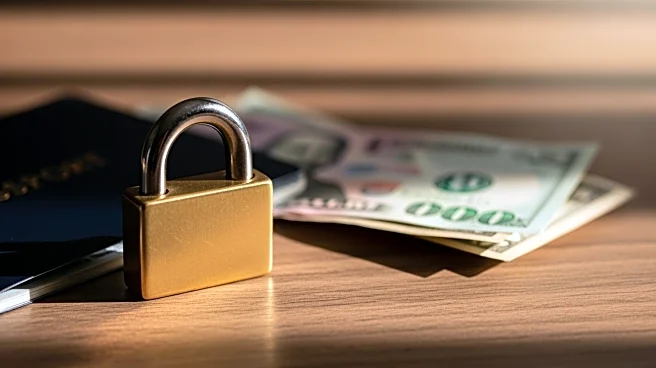What's Happening?
The UK Government is contemplating the introduction of a holiday tax at the upcoming Budget on November 26, as reported by The Times. This potential policy shift would allow Mayors to implement a tourist
tax, marking a significant departure from previous government statements. Just two months ago, Sir Chris Bryant MP, then Tourism Minister, assured the House of Commons that there were no plans to introduce such a tax. The proposed holiday tax would add a 5% charge on top of accommodation prices, similar to the existing Value Added Tax (VAT). With the current VAT rate at 20%, the addition of a holiday tax, plus VAT on the tax itself, would effectively raise the VAT rate to 27% for holidaymakers. This rate would be among the highest in Europe, where many cities impose tourist taxes but maintain lower VAT rates for hospitality services.
Why It's Important?
The introduction of a holiday tax could result in an additional £518 million in taxes for consumers, who are already facing financial pressures. UKHospitality has expressed opposition to the potential policy change, urging the Government to adhere to its previous commitments. The organization argues that the holiday tax would increase costs for consumers and potentially exacerbate inflation, impacting spending in the hospitality sector. Compared to other countries, such as Ireland and Germany, which have lower VAT rates for hospitality at 9% and 7%, respectively, the proposed tax could make the UK less competitive in attracting tourists.
What's Next?
Industry stakeholders and consumers alike will closely watch the decision on the holiday tax, as it could have significant implications for the hospitality sector and travel costs in the UK. If implemented, the tax could lead to increased travel expenses for tourists, potentially affecting the number of visitors and overall spending in the hospitality industry. The decision will likely prompt reactions from various sectors, including tourism and hospitality, as they assess the potential impact on their businesses.









